Search
Search Results
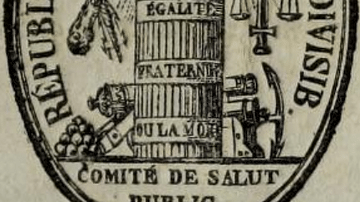
Definition
Committee of Public Safety
In the French Revolution (1789-1799), the Committee of Public Safety (French: Comité De Salut Public) was a political body created to oversee the defense of the French Republic from foreign and domestic enemies. To achieve this goal, the...
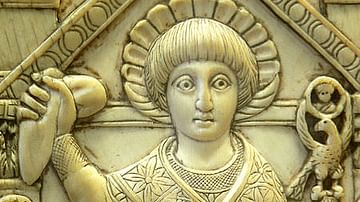
Definition
Consul
In 509 BCE, with the exit of the last Etruscan king, Lucius Tarquinius Superbus, the Roman people were presented with a unique opportunity, an opportunity that would eventually have an immense impact on the rest of Europe for centuries to...
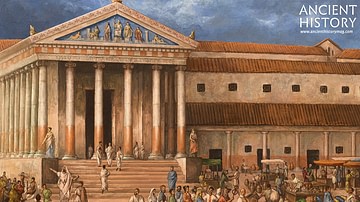
Definition
Plebeians
Plebeians were members of the plebs, the hereditary social class of commoners in ancient Rome. Their exclusion from political power by the patricians, who claimed to be the descendants of the first senators, led to Conflict of the Orders...
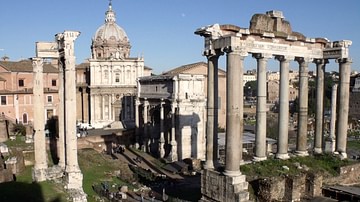
Definition
Quaestor
The quaestor ("the one who asks questions") was the oldest and lowest office on the cursus honorum, or "path of honor" in ancient Rome. Considered a stepping stone to higher office in the Roman government, the duties of the quaestor ranged...
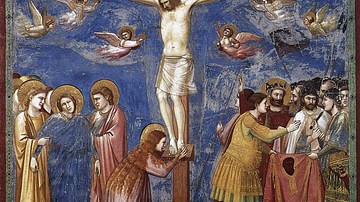
Definition
Crucifixion
Crucifixion as a punishment was practiced by several ancient cultures, but most notably adopted by the Roman Republic and later Roman Empire. Crucifixion was a method of hanging or suspending someone on the combination of vertical and horizontal...

Definition
First Triumvirate
The First Triumvirate of ancient Rome was an uneasy alliance between the three titans Julius Caesar, Pompey, and Crassus which, from 60 BCE until 53 BCE, dominated the politics of the Roman Republic. Alliances have always been a part of history...
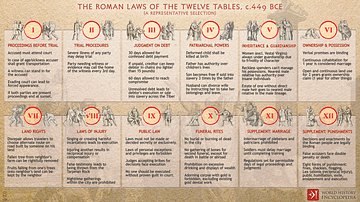
Image
The Roman Laws of the Twelve Tables, c. 449 BCE
An infographic illustrating The Laws of the Twelve Tables were a set of ancient Roman laws put together and displayed in public around 450 BCE. These laws formed the core of the Roman legal system and provided a written code of conduct and...
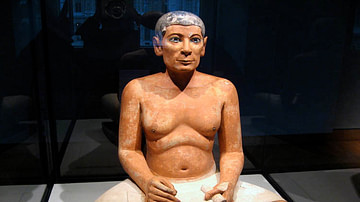
Definition
Ancient Egyptian Government
The government of ancient Egypt was a theocratic monarchy as the king ruled by a mandate from the gods, initially was seen as an intermediary between human beings and the divine, and was supposed to represent the gods' will through the laws...
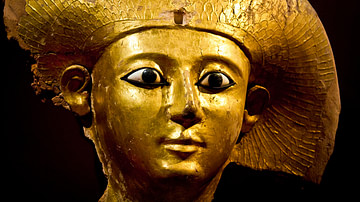
Definition
Ancient Egyptian Culture
Ancient Egyptian culture flourished between c. 6000 BCE with the rise of technology (as evidenced in the glasswork of faience) and 30 BCE with the death of Cleopatra VII, the last Ptolemaic ruler of Egypt. It is famous today for the great...
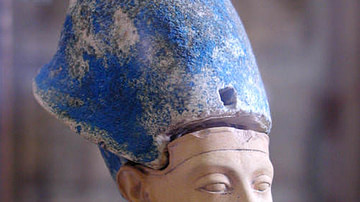
Definition
Pharaoh
The Pharaoh in ancient Egypt was the political and religious leader of the people and held the titles 'Lord of the Two Lands' and 'High Priest of Every Temple'. The word 'pharaoh' is the Greek form of the Egyptian pero or per-a-a, which was...